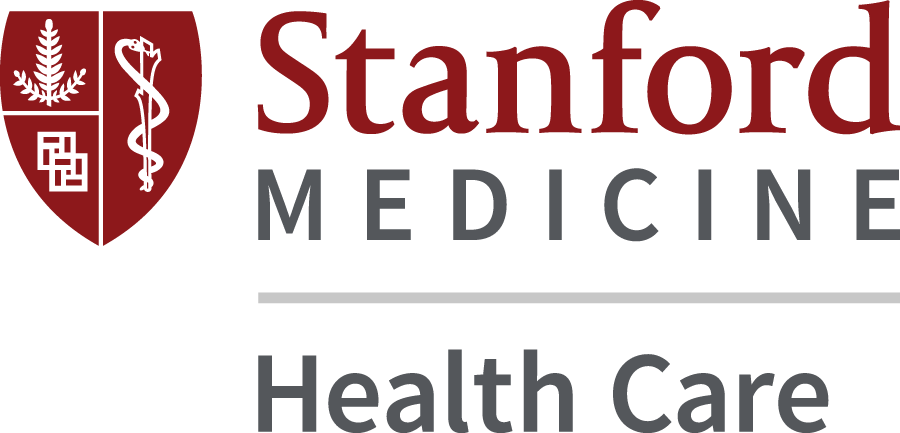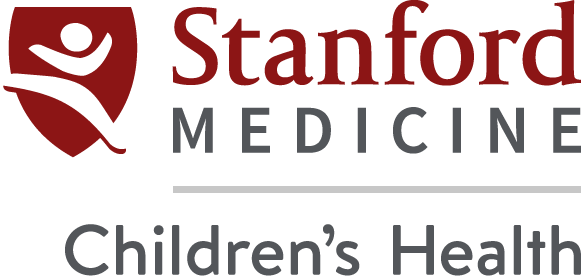Weight management is challenging in our “middle-age” years. Whether because of genetics, aging, hormones, lifestyle, or “life changes,” it is tough for many to lose weight and harder to keep from re-gaining it in these years. While many men deal with similar issues, women face the additional mid-life challenge of menopause. Is mid-life weight gain inevitable, permanent, irreversible? Or are some of the factors temporary and can be better managed? To learn more, BeWell spoke with Marcia Stefanick, PhD, professor of medicine and obstetrics/gynecology at Stanford Medicine.
Does weight gain during middle age result from aging or temporary hormonal changes?
It is challenging to tease apart age-related changes in weight and body composition from changes related to menopause. Age is certainly associated with an increase in body fat and decrease in skeletal muscle mass that the majority of women, and men, experience in middle age. There are both biological, including hormonal and lifestyle, explanations for these changes. Of course, the menopausal transition which all women undergo represents a particularly challenging period of metabolic and physiologic change.
Can you explain what actually happens during menopause, in terms of the physiological transition, and why weight gain is so commonly experienced?
The primary physiological change of menopause is the reduction of ovarian estrogens, which strongly influence bone metabolism and fat storage. In particular, subcutaneous fat (the layer under one’s skin) decreases, particularly in “gender-specific” sites, e.g., thighs and hips. Excess fat is then deposited in “intra-abdominal” sites, leading to a gradual shift from the classic female “pear” shape to a more “apple” shape. This is, unfortunately, associated with greater risk for heart disease and other obesity-related problems, which clearly relate to changes in fat metabolism. Some women are more prone to this redistribution of fat (and the underlying metabolic changes associated with it) than others.
A dramatic change in body temperature regulation occurs as estrogens drop, which causes the most bothersome menopausal symptoms — hot flashes and night sweats. The latter are often accompanied by sleep disturbances that may affect mood and behavioral factors related to weight control.
So is menopausal weight gain inevitable?
While the age-related changes are “inevitable,” changes associated with menopause are not as clearly “inevitable.” What is highly likely for one person is not likely for another. Many women do not gain weight or even redistribute their fat at menopause. Yet, both chronological and ovarian aging contributed to substantial changes in body composition in the Study of Women Across the Nation (SWAN) cohort of women (initially aged 42-52 years) during their menopausal transitions. The much larger Women’s Health Initiative cohort of women already past menopause showed that most women aged 50-59 gained total and fat weight and lost lean mass. However, those women who did moderate-intensity physical activity (mostly walking) gained less total and fat weight, but they still lost lean mass — possibly because walking is not a strong enough stimulus to retain muscle as we age. Because loss of muscle mass is accompanied by a reduced metabolic rate, fat weight gain is likely unless a person reduces caloric intake — even if “scale” (total) weight appears to be stable.
Are you suggesting, then, that aerobic activity alone will not result in consistent weight management for menopausal women? If that’s the case, what else can help in the weight control effort?
While aerobic activity during and after menopause has been shown to affect body composition in a positive way, it probably is not enough to maintain muscle. Reducing caloric intake or doing specific muscle-building exercises might be necessary to prevent fat weight gain as we age.
Menopausal symptoms, particularly hot flashes and sleep disturbances, can directly impact a woman’s ability to manage weight during the menopausal transition. The number and severity of hot flashes are actually greater in overweight and obese women, possibly due to the “insulating” effect of excess body fat — and evidence is mounting that weight loss reduces both the number and severity of hot flashes. Knowing this might add motivation for weight management in overweight women; and, of course, weight loss for overweight and obese women has many other important health benefits at this time of life.
There is also evidence that yoga, meditation, and stress reduction improve sleep in women during menopause. Though not as strong, some data suggest these approaches help with hot flashes as well. Cognitive behavioral therapy, focused on avoiding hot flash “triggers” and improving sleep, can also help many women. Staying cool (with fans, cooler room temperatures, cold drinks, and perhaps even an ice pack in one’s bed) may also help — as long as coolness doesn’t increase appetite.
Are there other times during our lives when weight management is particularly challenging?
While menopause might pose a challenge to weight control for many women, pregnancy represents a time when women are even more vulnerable to excessive weight gain. Not only is it challenging to continue routine diet and exercise habits as a woman’s body changes in size and habitus, but there are major changes in temperature, fluid balance and almost every physiological system. Regular physical activity is highly encouraged throughout pregnancy, with cautions regarding overheating and the need to avoid some activities and postures.
The postpartum period is also challenging as a woman adjusts not only to the many physiological changes, but also to the new responsibilities of motherhood. There is some evidence that breastfeeding may help with weight loss. And, clearly, physical activity is highly recommended.
Do men also go through physiological changes in middle age that contribute to weight gain? If so, what are they?
Men also undergo gradual but substantial changes in body composition with aging, including fat gain and skeletal muscle loss — and this is not solely, or even primarily, due to the gradual decline in testosterone levels with aging.
… any final thoughts?
There are many socio-cultural and biological factors associated with aging that lead to steady weight gain in many women and men. Weight management is difficult at any age, but especially for women during menopause — particularly if they are overweight or obese as they enter this phase of life. Even for men, body composition changes with age and weight loss becomes more challenging.
In general, the emphasis on aerobic activities might undersell the importance of exercises that build muscle, which could offset age-related changes in lean mass experienced by both women and men. We should all appreciate that the body is very efficient in how it uses fat and that moderate activity does not burn many calories; conversely, it is very easy to consume a large amount of calories in a short time. Working to build or at least maintain muscle will not only prevent a reduction in metabolic rate, which leads to fat weight gain (unless a person reduces their regular caloric intake), but it also makes it easier to do aerobic activities. Thus, the need to do muscle-strengthening exercises likely increases as we age, and so we recommend that this type of exercise be added to the routine physical activity of menopausal women and middle-aged men.


